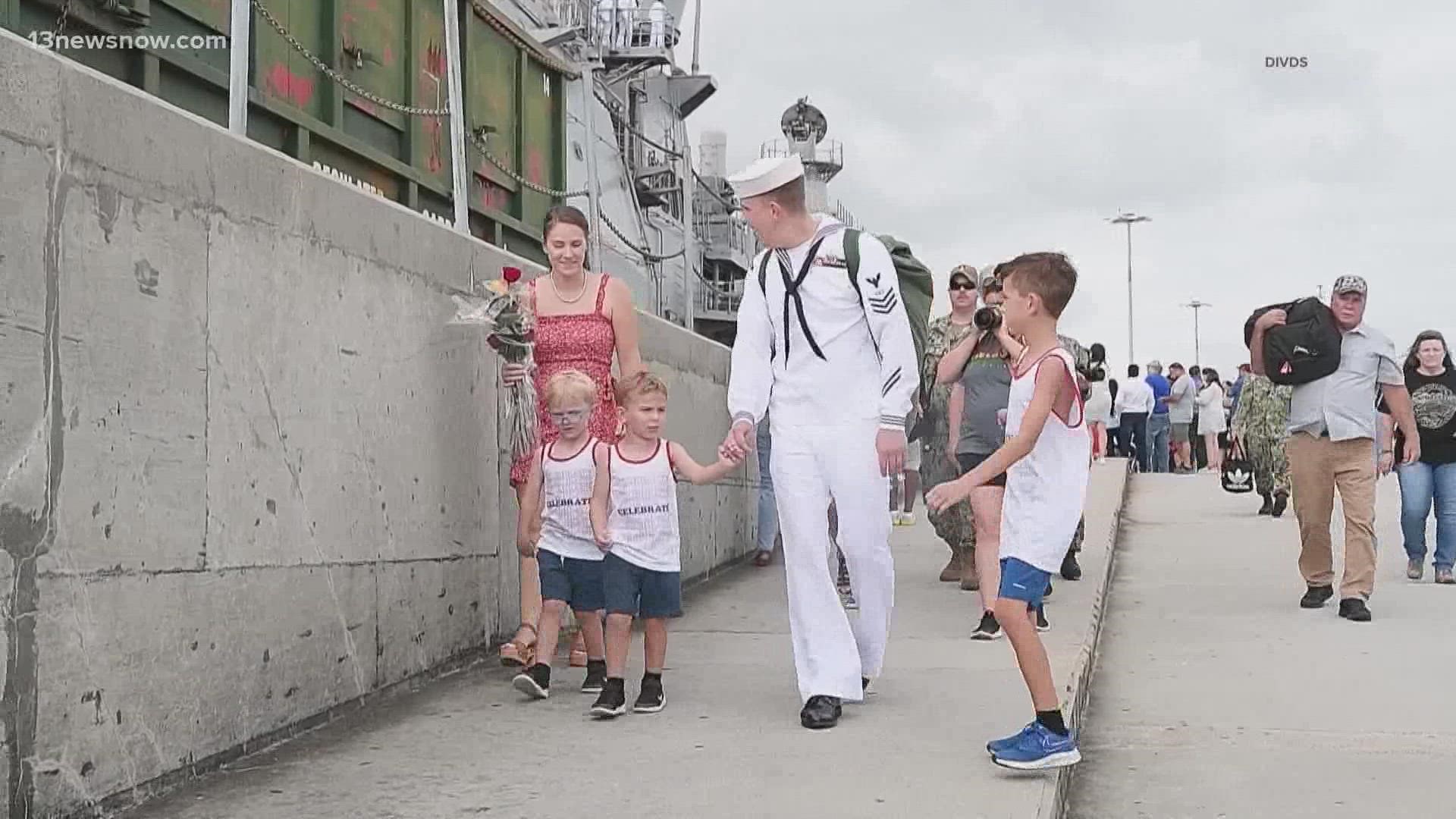NORFOLK, Va. — America's heroes continue to struggle when it comes to food insecurity and overall medical well-being.
A new study sheds light on just how bad it is for some of the country's 18 million military veterans. It turns out, those vets who had shorter military careers are having a harder time now.
This week, the Military Family Advisory Network and Wounded Warrior Project released a report that finds that veteran family respondents who left service before receiving retirement benefits are doing worse than retiree family respondents who served 20 years or more and receive military-retired pay or who have been medically retired.
Specifically, the new report says, 17.6% of post-9/11 veteran family respondents experience hunger, whereas just 6.2% of post-9/11 retiree family respondents report hunger.
"There's actually definitely a fault line there. We see consistently that veterans and their families, as opposed to retirees and their families, struggle more with things like food insecurity which is a huge concern and should be alarming to everyone," said Gabby L'Esperance, Director of Research and Program Evaluation for the Military Family Advisory Network, in an interview with 13 News Now.
Esperance says everyone can all help.
"Reach out to the retirees and veterans you know," she said. "Ask if they need support and what kind of support they're looking for. Those simple conversations help to dismantle the stigma our service members face seeking and receiving help."
According to a 2021 U.S. Department of Agriculture report, 11.1% of veterans between the ages of 18 to 64 lived in households reporting food insecurity.

